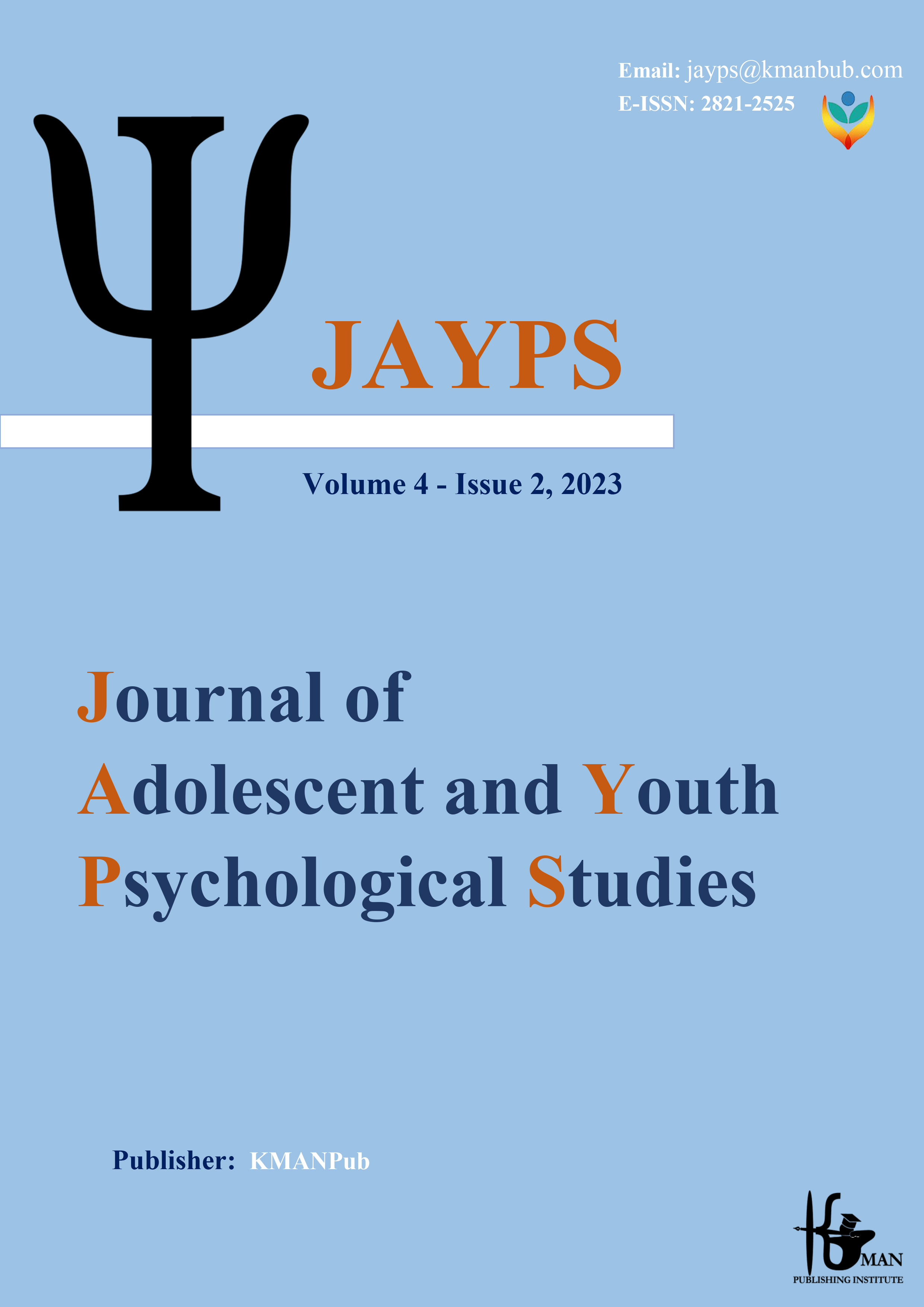Explaining the structural model of desire for treatment based on addiction memory, the desire to use with the mediation of self-control in people seeking to quit
Keywords:
desire for treatment, memory of addiction, desire to consume, self-control.Abstract
Background and Aim: Addiction means acquiring a habit and getting used to it, and it happens in such a way that quitting and giving up causes disruption in the overall functioning of the person, which is accompanied by physical, mental and behavioral discomfort. The present study was conducted with the aim of explaining the model of desire for addiction treatment based on the memory of addiction and the desire to use with the mediation of self-control in substance dependent people seeking to quit. Methods: The current research method was a correlational and predictive description. The statistical population of this study included substance dependent people who referred to addiction treatment clinics in Babol city in a period of four months. 209 participants were selected as a sample using a purposive sampling method and answered the questions of Chen et al.'s addiction memory intensity scale (2018), Tangney et al.'s (2004) self-control scale, stages of readiness for change and enthusiasm for change. Miller and Tonigan (1997) Addiction Treatment and Somoza et al. (1995) substance abuse scale responded. Data analysis was done using structural equation modeling method and LISREL software. Results: The results showed that the memory of addiction has a direct role in the desire for treatment (p<0.01, β=0.31); Addiction memory has a direct role in self-control (p<0.01, β=0.59); The desire to use has a direct role in the desire for treatment (p<0.01, β=0.39); Desire to use has a direct role in self-control (p<0.01, β=0.73); Self-control has a direct role in desire for treatment (p<0.01, β=0.79); Addiction memory plays an indirect role in desire for treatment with self-control mediation (p<0.01, β=0.47) and the desire to use has an indirect role in desire for treatment with self-control mediation (p<0.01, β=0.58). Conclusion: It can be concluded that the model of desire for addiction treatment based on the memory of addiction and the desire to use with the mediation of self-control is suitable for drug addicts seeking to quit.
Downloads
Published
Submitted
Revised
Accepted
Issue
Section
License

This work is licensed under a Creative Commons Attribution-NonCommercial 4.0 International License.









